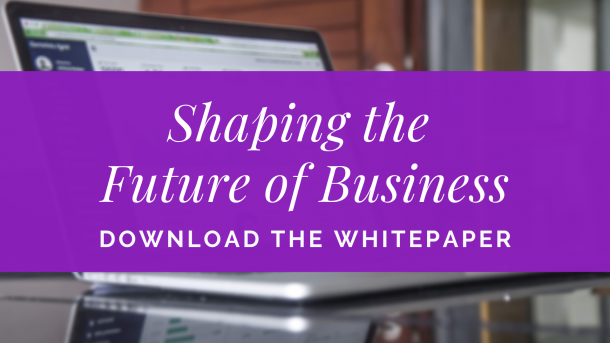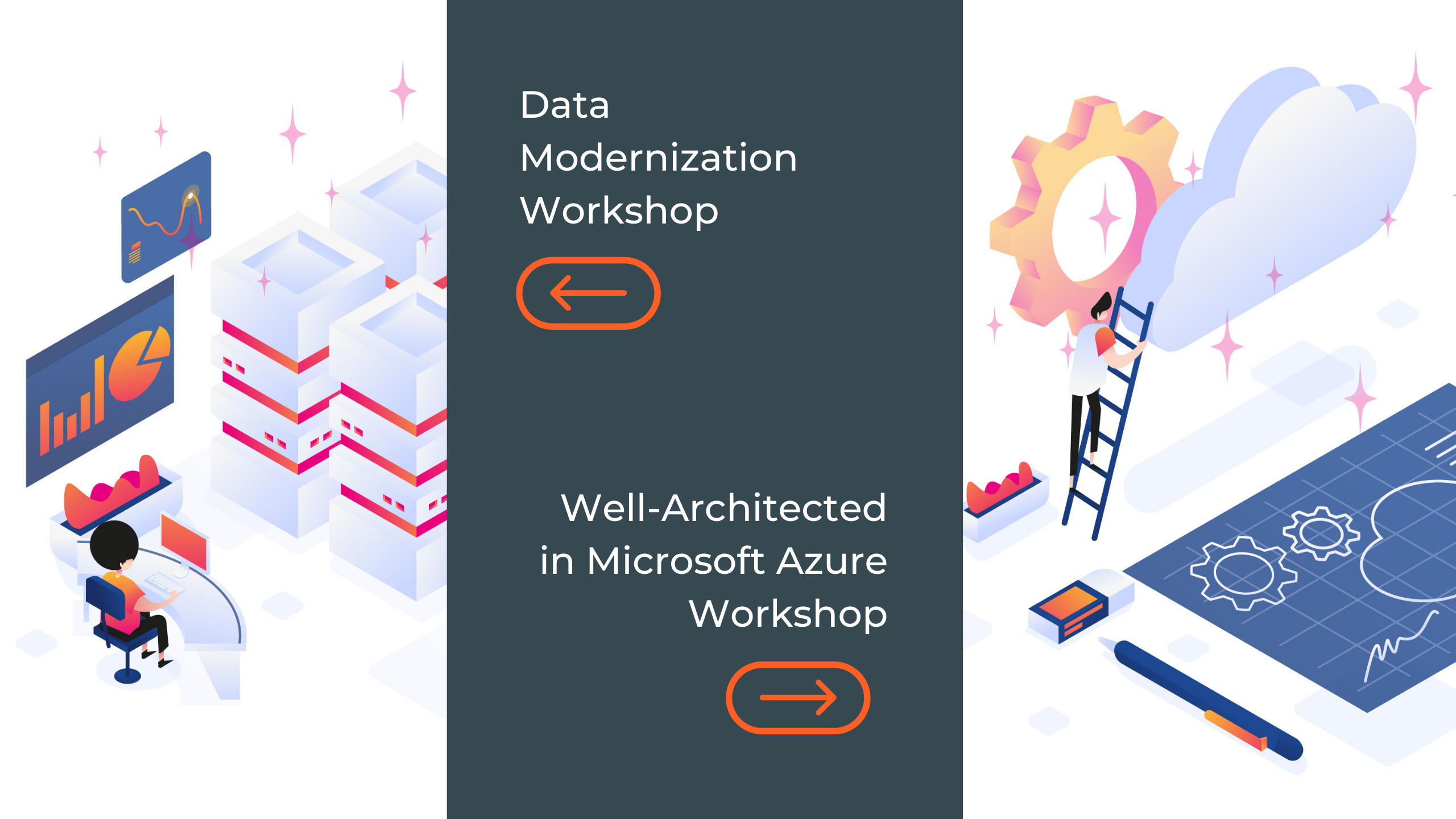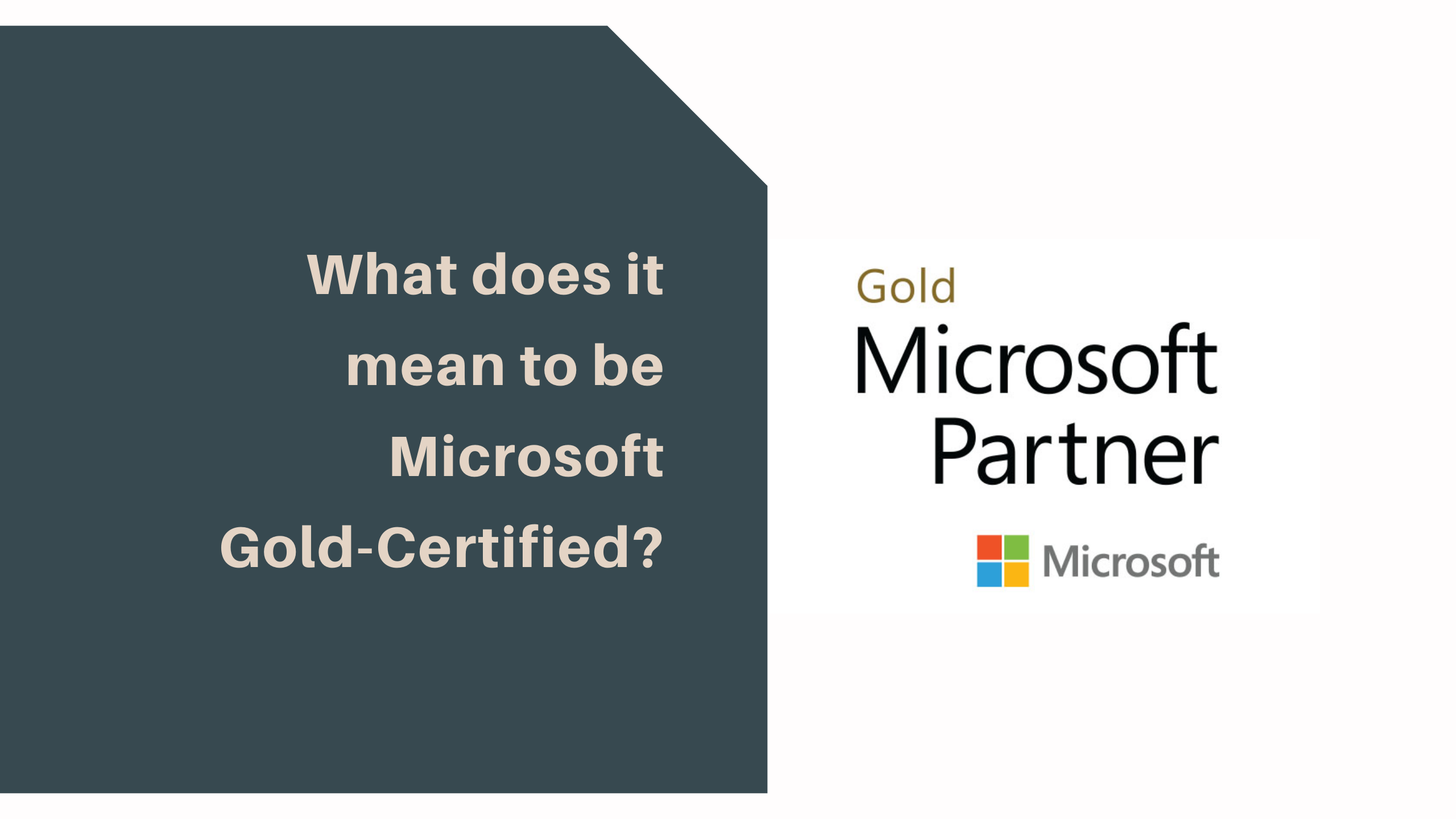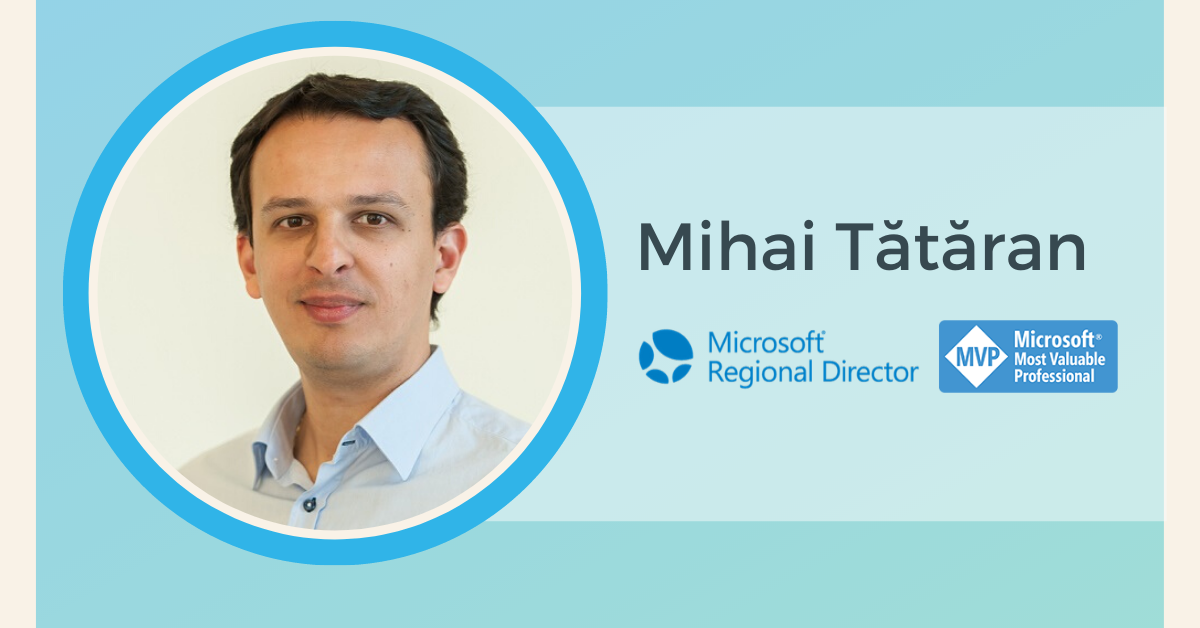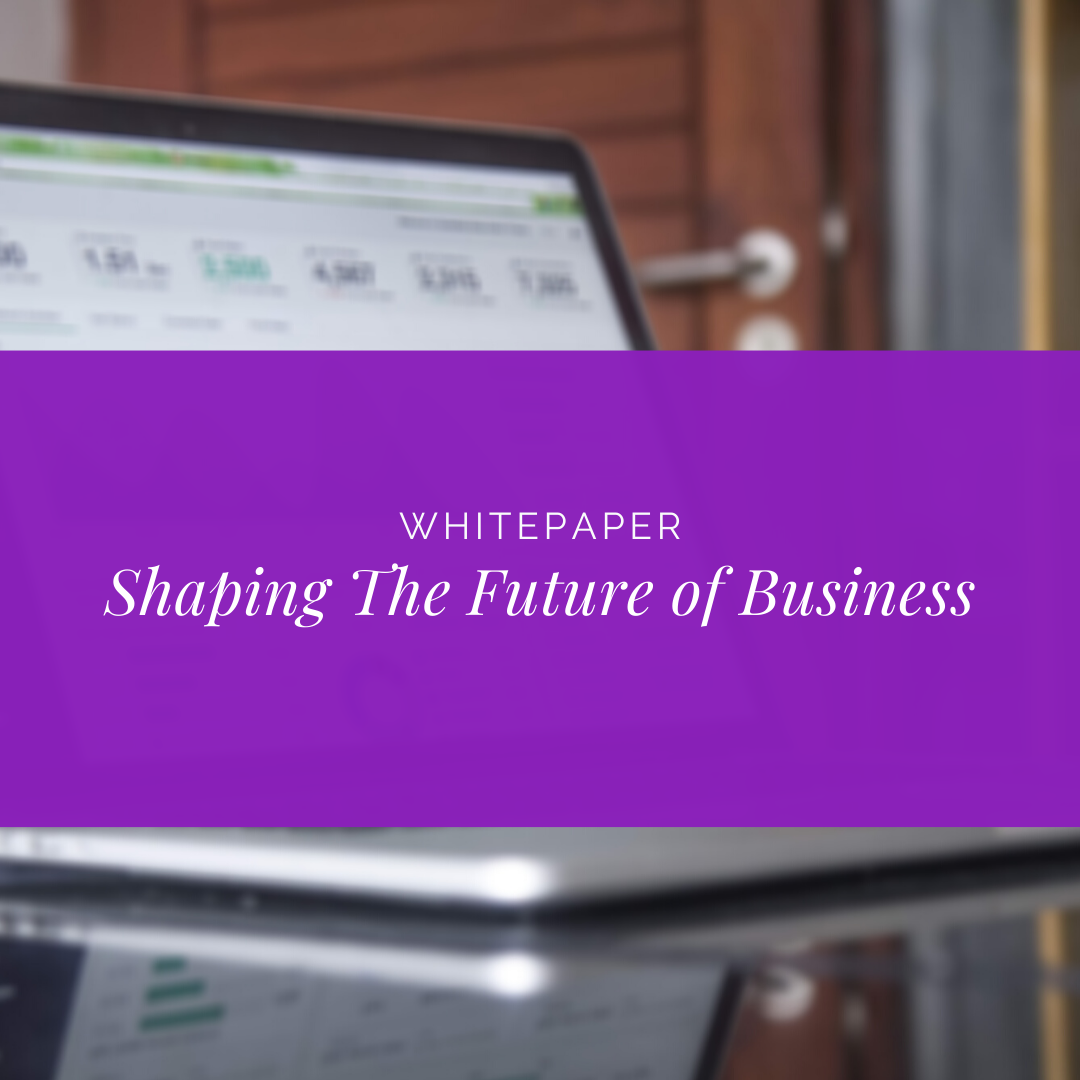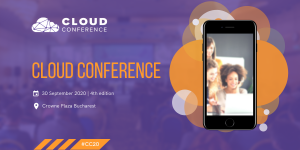
Ioan Popovici
Chief Software Engineer
I am starting a series of articles in which I will try to cover my experience in managing privacy and GDPR compliance for several IT related conference events that we handle here at Avaelgo. During this journey, I will also touch some in-depth security aspects, so stay tuned for that.
As I am sure you know already, a conference is a place where people gather, get informed, do networking (business or personal), have fun, and who knows what other stuff they may be doing. The critical aspect here is that for such a conference to be successful, you need to have a fair amount of people being part of it. Moreover, since people are persons, well, that also means a fair amount of personal data.
There’s a lot to cover, but we will start with the basics. If this is the first time you are organizing such a conference, then you already have a head start: you do not have to change anything. If not, then you must begin by reviewing the processes that you already have in place.
In this first article, I am going to cover what are the key points that you should review. Let’s go:
1. How do people get to know about your event?
It does not matter that you will market yourself to participants, speakers, or companies. Personal data is still going to be involved.
2. How are people going to register for your event?
3. How are speakers going to onboard your event?
4. How are you going to verify the identity of the participants?
5. Do you handle housing, traveling for speakers or participants?
6. Do you have sponsors? Do they require some privilege regarding the data of the participants?
7. Will you get external help?
8. Are there going to be promotions and contests?
All of this may look scary, and it might seem to involve a lot of work, but that isn’t the case. In the end, by trying to tackle personal privacy beforehand, you also get, as a happy byproduct, a cool fingerprint of what you need to do to have a successful event. Cheers to that!
A future article will come soon, covering the next steps. I am sure you can already guess what those are. See you soon!
Before you go
If you want to find out more about GDPR, how it affects your events, company etc. you can register to our free webinars in Timisoara and Cluj-Napoca.
About the author



